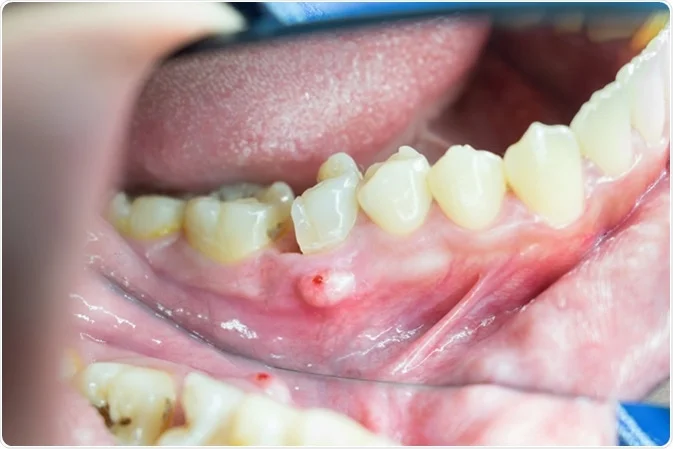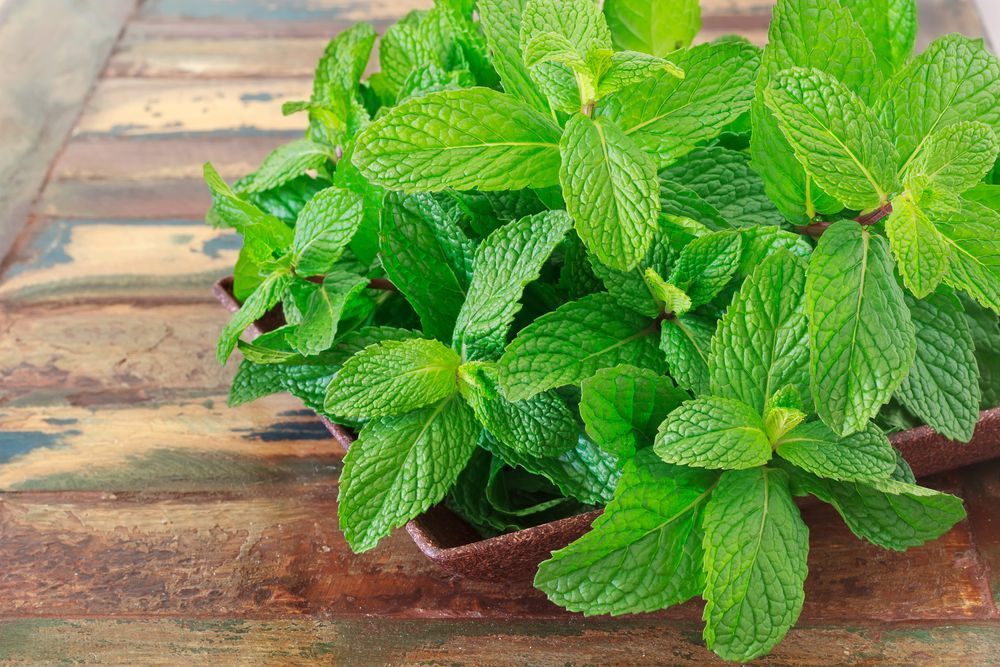Thyme is an herb from the mint family that you probably recognize from your spice set, but it’s so much more than an afterthought ingredient. Thyme contain the compound thymol, which can help control or neutralize some bacterial, parasitic, fungal, or viral infections and have anti-inflammatory properties. Thanks to its distinctive taste, thyme has remained a culinary staple to this day. But thyme also boasts a slew of helpful medicinal qualities.
Benefits Of Thyme
- Fighting acne
- Lowering blood pressure
- Helping to alleviate cough
- Boosting immunity
- Disinfecting
- Repelling pests
- Aromatherapy
- Boosting mood
- Culinary uses
- Preventing bacterial infections
- Helping to treat yeast infections
- Possibly helping against certain types of cancer
Nutritional Facts Of Thyme
Thyme contains thymol and small amounts of other nutrients such as potassium, vitamin A, vitamin C, and magnesium.
A one-teaspoon serving of fresh thyme contains:
- Calories: 0.8
- Protein: 0 grams
- Fat: 0 grams
- Carbohydrates: 0.2 grams
- Fiber: 0.1 grams
Risks of Thyme
- Toxicity: Consuming large amounts of thyme or thyme essential oil can be toxic and cause symptoms such as nausea, vomiting, and dizziness. It is recommended to only use thyme in small quantities as a culinary herb or supplement, and to avoid ingesting thyme essential oil.
- Skin irritation: Applying thyme essential oil directly to the skin can cause irritation, redness, and a burning sensation. It is recommended to always dilute the oil with a carrier oil, such as coconut or jojoba oil, before applying it to the skin.
- Medication interactions: Thyme may interact with certain medications, such as blood thinners or thyroid medication. If you are taking any medication, consult your healthcare provider before using thyme as a supplement or in larger quantities.
- Allergic reactions: Some people may be allergic to thyme, which can cause symptoms such as hives, rash, or difficulty breathing. If you are allergic to other herbs in the mint family, such as basil or oregano, you may also be allergic to thyme.




